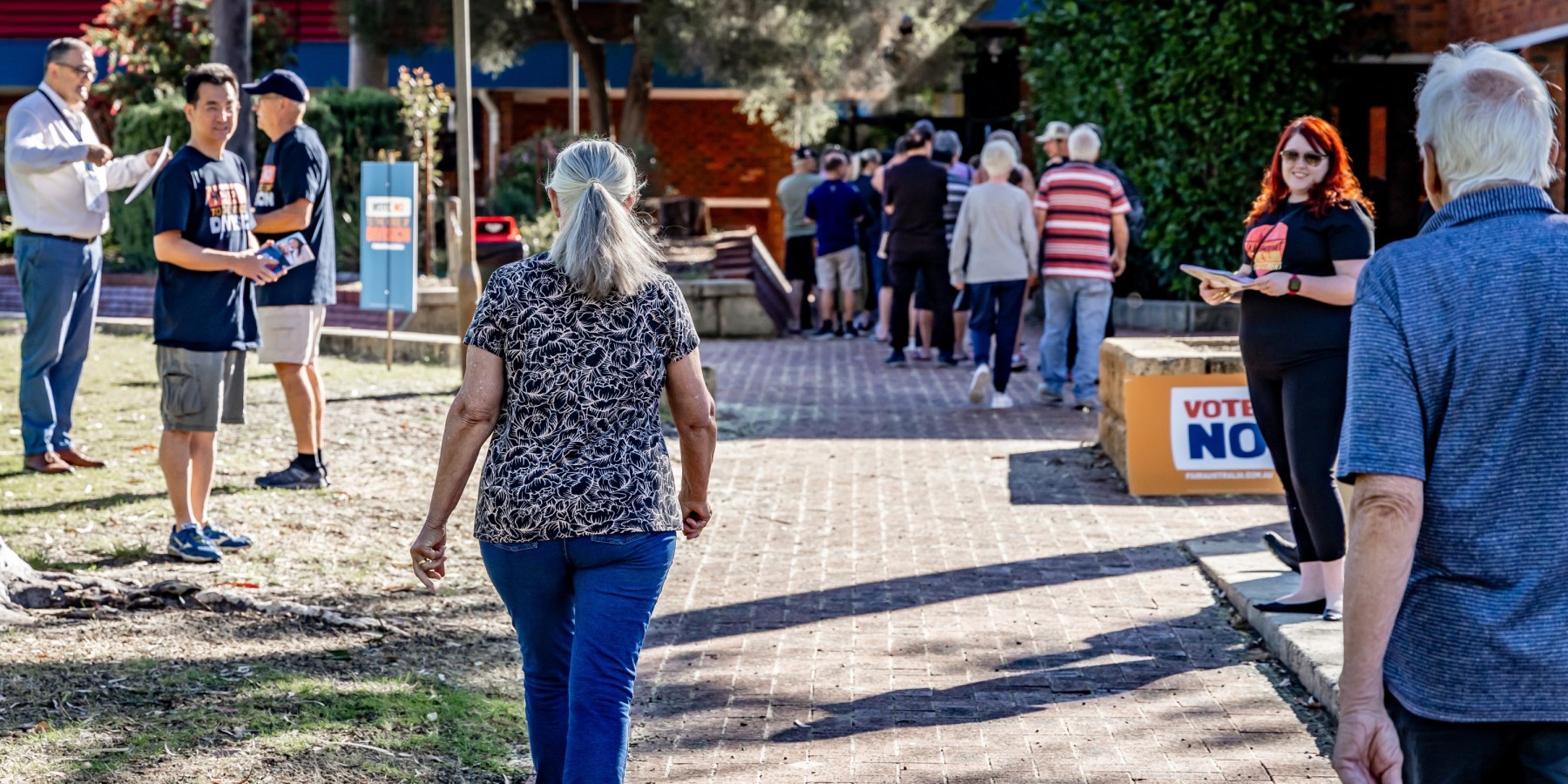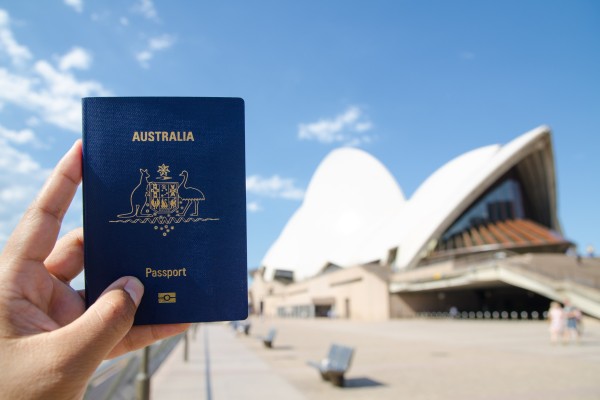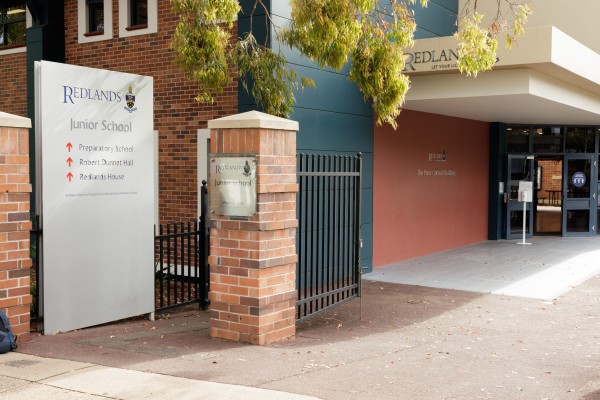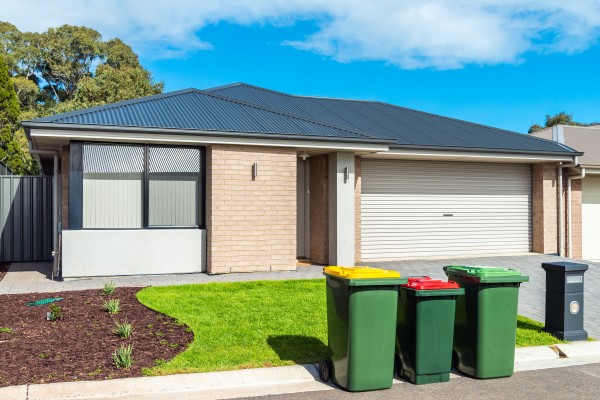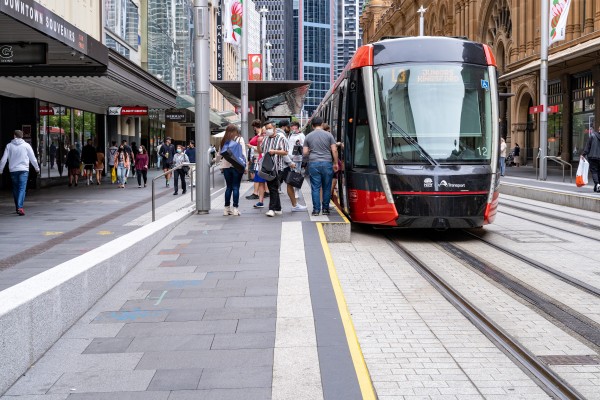Understanding the Australian government system
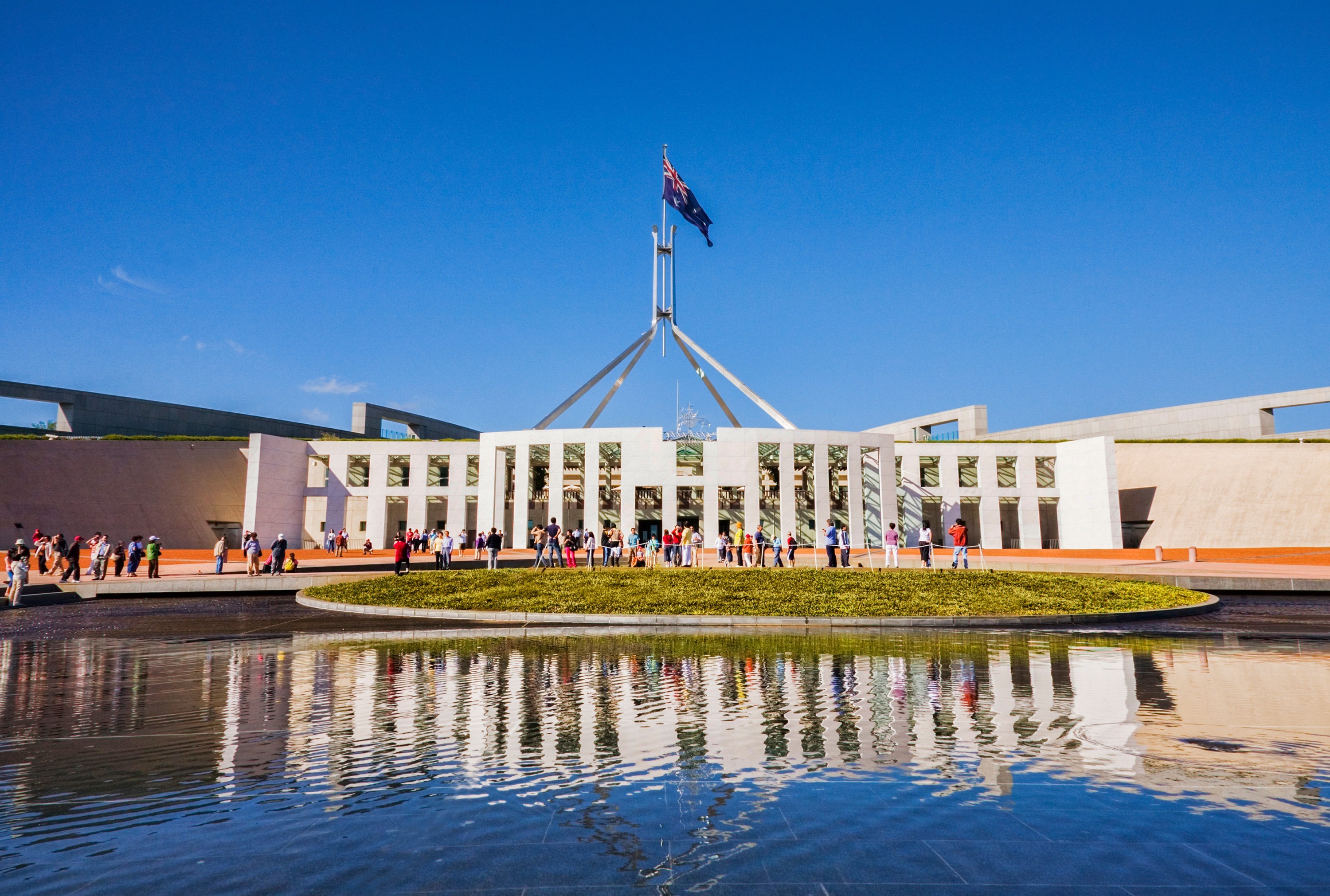
If your eyes glaze over at the mere mention of politics, you’re definitely not alone. Political news, legislation and dealings in parliament don’t exactly scream excitement. But, having a basic understanding of how things work in the political world is essential when it comes to your entitlements, obligations and rights.
So, we’re breaking down Australian politics and giving you a simplified guide on how it all runs.
No political jargon, spin or boring bits, we promise. Just easy-to-digest info that will keep you in the know on the Australian government system.
State, Federal and Local Governments - what’s the difference?
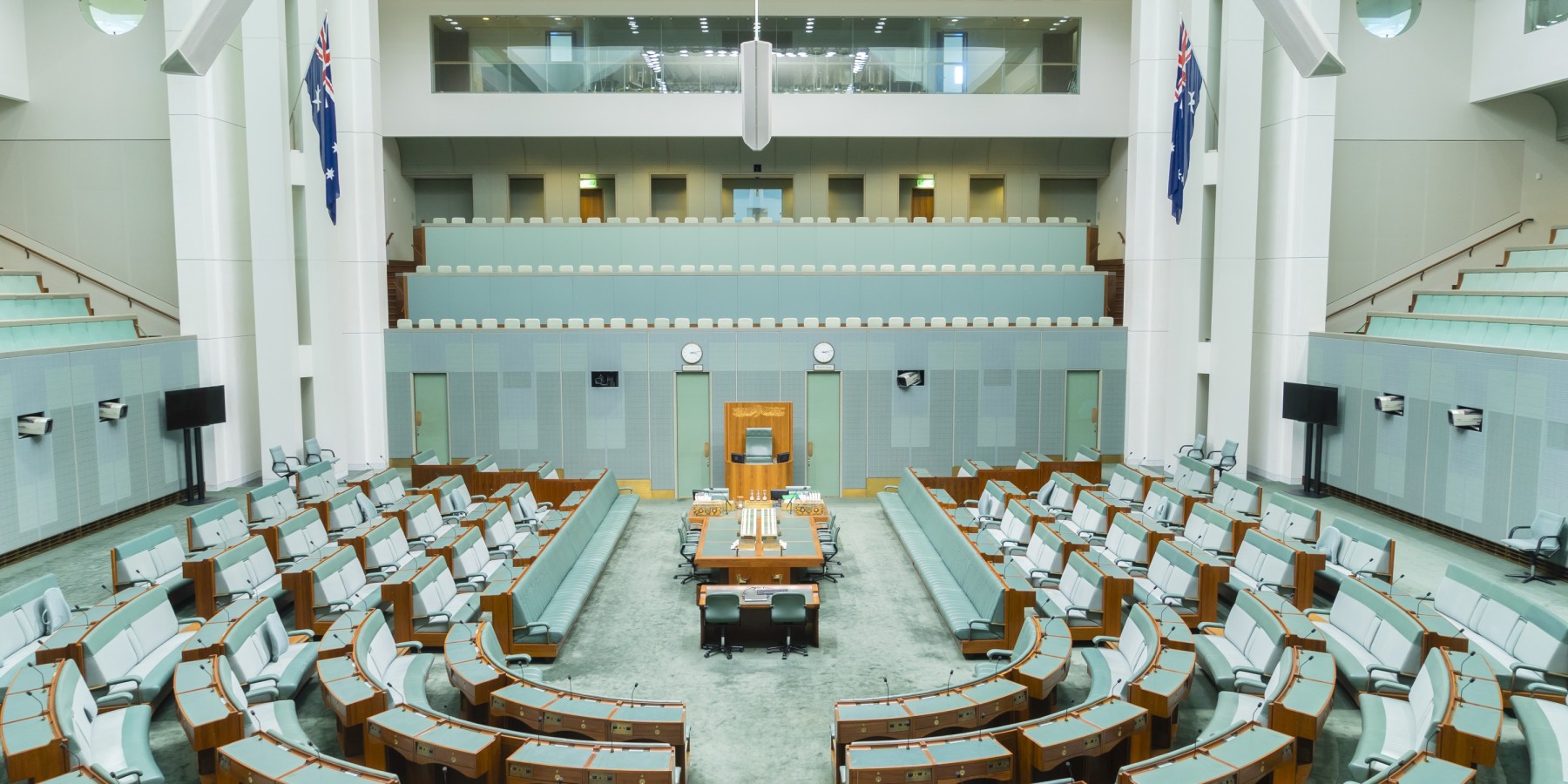
There are three levels of government in Australia:
-
Federal. Nationally focussed, based in Canberra
-
State. Focuses on state or territory issues. There’s one government for each state and territory
-
Local councils. Also called local shires. There are more than 550 local councils across Australia. Each focuses on its own area.
In a nutshell: local governments take care of the issues impacting localised regions, state governments take care of things with a state or territory level and focus, while the federal government deals with the broader issues that impact the country as a whole.
Government funding
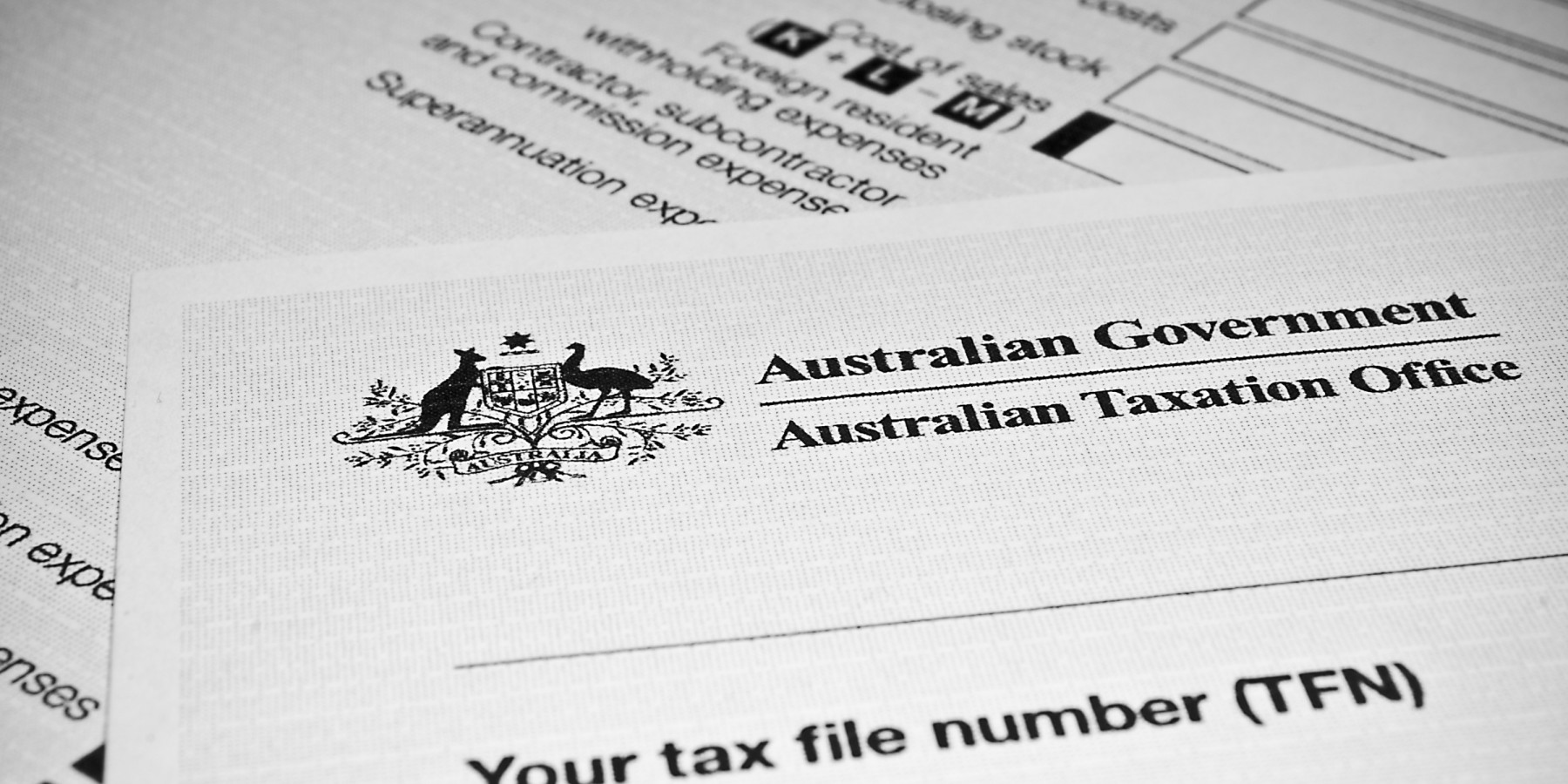 Governments can only run via funding provided by the Australian people through taxes, fees, fines and other charges. This money is used to deliver a range of services to Australians within their specific government region.
Governments can only run via funding provided by the Australian people through taxes, fees, fines and other charges. This money is used to deliver a range of services to Australians within their specific government region.
Here’s how each level of government raises cash:
The federal government raises funds through income tax and businesses.
State/Territory governments receive over 50% of their funds from the federal government as well as the collection of taxes.
Local councils raise money through taxes known as ‘rates’. They also receive money from state and federal governments.
What does federal government do?
The responsibilities of the Australian federal government are outlined in the Australian constitution (legal framework for how Australia is governed).
Federal responsibilities include:
What does state government do?
State governments are responsible for issues outside of the federal scope.
These include:
What are local councils responsible for?
Local councils are largely directed by the state government when it comes to their duties and responsibilities.
These duties include:
Government election - How it works
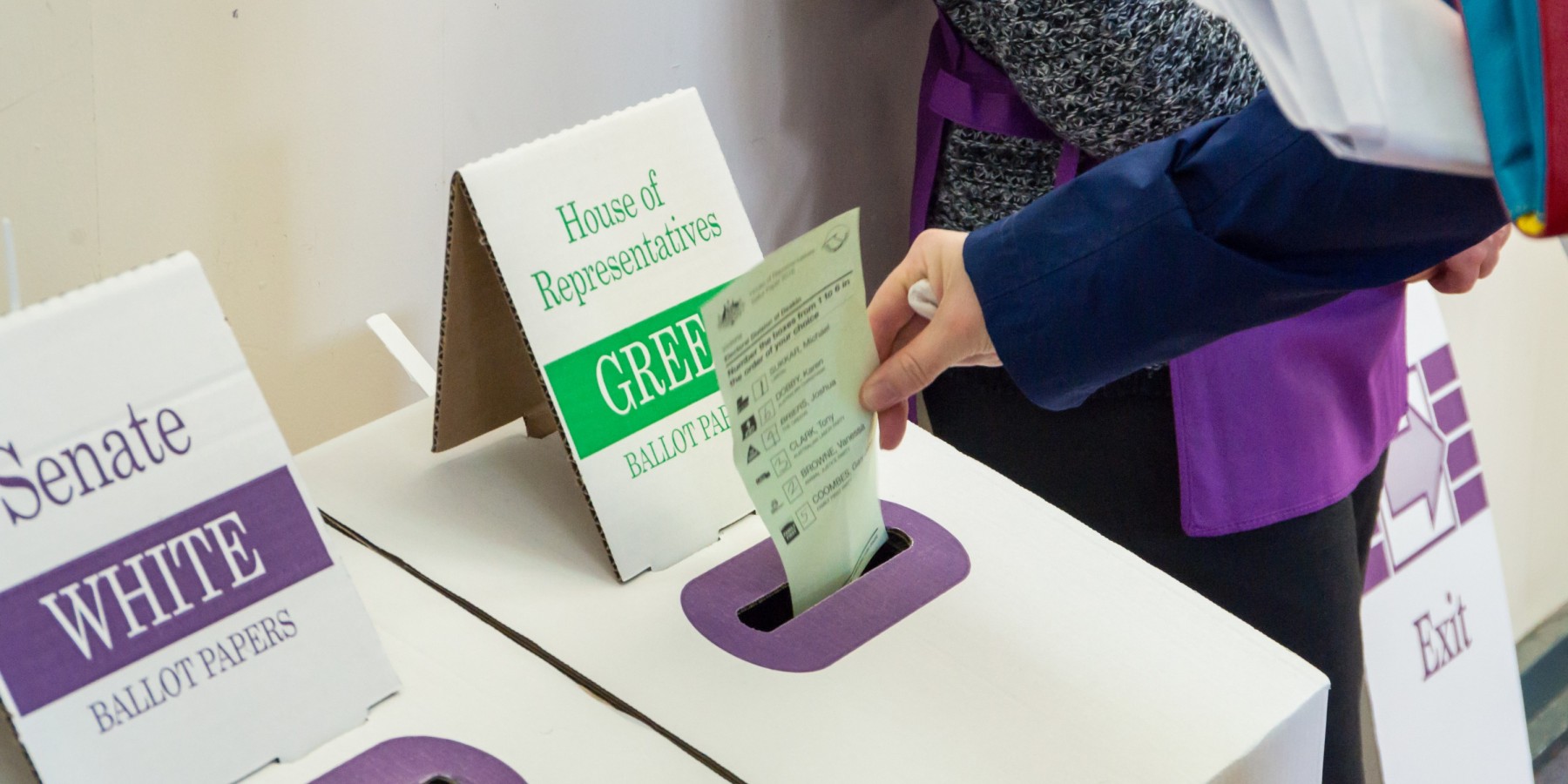
Now that we know what each level of government is responsible for, let’s take a look at how people are chosen for government.
Australia is a democratic society which means the people select government representatives through an election process.
Federal elections
Federal elections are held at least every three years so that Aussies can choose who will represent them in parliament. The federal parliament is split into two ‘houses’ - The House of Representatives and the Senate.
Stick with us as this is important to understand.
The House of Representatives
Elected members represent your area or ‘electorate’ at a federal level. There are a total 151 members in the House of Representatives.
In an election, the political party with the most elected members becomes the federal government. The leader of the federal government is called the Prime Minister.
The Senate
Elected members of the senate represent your whole state or territory at federal level. In an election, you will vote for senators. There are 12 senators for each state or territory.
NOTE: It’s important to understand this process at vote time. In Australia, it is mandatory to vote unless you have an exemption. Those who do not vote without a valid exemption can be fined.
To enrol to vote visit aec.gov.au/enrol
State and Territory Government elections
State and territory elections are held at least every four years so that Australians can choose who will represent them at a state or territory level in either the state parliament or Legislative Assembly.
Again, it is mandatory to vote in these elections so be sure to register ahead of time.
Local government elections
Local governments or ‘city/shire councils’ are established to meet the needs of a local city or community. At an election voters can select from nominated councillors.
The political party with the most elected councillors will form the council.
The head of council is known as the Mayor or Shire President.
The lowdown on political parties
Now that you understand the various levels of government and the election process in Australia, you’re probably wondering: ‘So, who do I vote for?’
Of course, that decision is entirely up to you, but there are a lot of political parties and independents to choose from in any given election.
Naturally, it’s important for you to do your own research on each party or individual and explore the various values and policies of each option, but we know that can all feel a bit overwhelming.
To help make things easier we’ve broken down the different categories when it comes to placing your vote.
When it comes to voting in a state, federal or local election there will be a number of different parties (political groups) you can choose from: major, minor and independents.
Major political parties in Australia
Historically there have been two major political parties in Australia: Labor and Liberal. The Australian Labor party is the oldest political party in Australia with the first Labor prime minister taking power in 1904.
The Liberal party was established later in 1944 offering a strong alternative to Australian voters.
Labor is described as centre-left ( more open-minded) while the Liberals are best described as centre-right (more conservative) when it comes to values and policymaking. Of course, there’s a lot more to it than that, but we’re here to keep it simple.
Minor political parties
Australia now has a wide selection of minor parties with their own views and values. While minor parties have fewer members and therefore less power, they can use their party votes to hold the ‘balance of power’ and influence decisions in government.
Independent parties
Not everyone in parliament represents a political party - some members of parliament are classed as independents.
Did you get all of that?
The Australian Government system is certainly a lot to take in. Hopefully, this article has provided some clarity on how Aussie politics work, but given the complex (and often boring) nature of politics in general, we recommend saving this page for later.
Refer back to it when your local, state or federal government elections are coming up, or when you want an easy and informative way to get your head around political goings-on.
What do our customers say?



